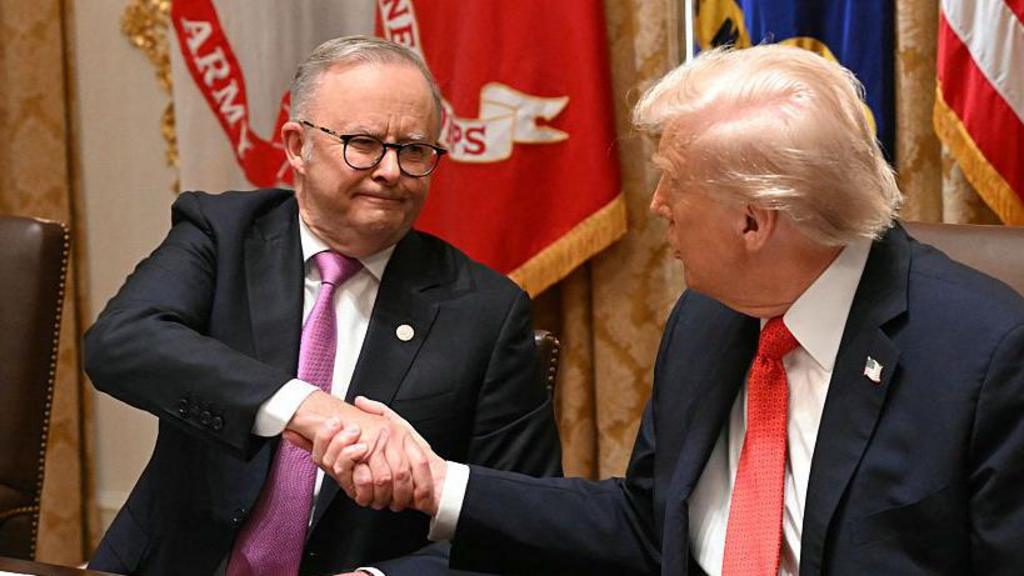WASHINGTON — Frustration is building on Capitol Hill as members of Congress accuse the Trump administration of stonewalling inquiries into a series of lethal U.S. military strikes on suspected drug-smuggling boats in the Caribbean Sea.
Representative Adam Smith, the top Democrat on the House Armed Services Committee, issued a sharply worded statement criticizing the administration for withholding basic information about the president’s directives and the legal justification behind them.
“President Trump and his administration continue to fail to answer pressing questions regarding the president’s orders to carry out lethal U.S. military strikes on boats in the Caribbean Sea,” Smith said. He noted that officials have not clarified the legal authority used, the criteria behind targeting decisions, or even produced a list of organizations allegedly designated as terrorist entities.
“They have failed to demonstrate the legality of these strikes, provide transparency on the process used or even a list of cartels that have been designated as terrorist organizations,” he said. “We have also yet to see any evidence to support the president’s unilateral determinations that these vessels or their activities posed imminent threats to the United States of America that warranted military force rather than law enforcement-led interdiction.”
Congress on the Sidelines During Shutdown
Despite the growing controversy, prospects for immediate oversight appear slim. Any hearings would require movement from House Republican leadership, and Speaker Mike Johnson has kept the chamber in recess throughout the three-week government shutdown. Critics say the GOP majority has largely abandoned its watchdog role since Trump returned to office, often declining to challenge aggressive executive actions.
“The Republican-led Congress, especially the House, has ceded its oversight powers,” one Democratic aide said. “There’s no appetite to question the president, even when military force is involved.”
Key Commander Steps Down Amid Tension
Smith is also urging testimony from Adm. Alvin Holsey, the head of U.S. Southern Command, which oversees military operations across Latin America. Holsey made a surprise announcement last week that he is stepping down — less than a year into what is normally a three-year assignment and in the midst of the largest mission of his career.
According to one current and one former U.S. official, Holsey had raised internal concerns about both the mission’s scope and the strike decisions. Both officials spoke anonymously due to the sensitivity of personnel matters.
“Never before in my over 20 years on the committee can I recall seeing a combatant commander leave their post this early and amid such turmoil,” Smith said.
White House Claims Armed Conflict With Cartels
In private communications to Congress, the White House has argued that President Trump “determined” the United States is in a state of armed conflict with drug cartels across Latin America — groups his team has unilaterally labeled as terrorist organizations. Under that rationale, boat crews are classified as “unlawful combatants,” opening the door for direct military action.
However, national security legal experts say that argument doesn’t hold water. The administration’s broader push to treat profit-driven cartels as ideological terrorist groups has been widely disputed by analysts and diplomats.
Some senior Trump officials — notably Secretary of State and National Security Adviser Marco Rubio — have insisted that labeling a cartel as a terrorist organization authorizes military strikes. Legal scholars and former national security lawyers dismiss that claim outright.
“That is false as a matter of legal reality,” said a former Justice Department official familiar with counterterrorism statutes. The laws governing foreign terrorist organization designations permit the freezing of assets, criminalize providing support, and enable financial sanctions — “not offensive military action.”
Calls for Accountability Grow
Smith and other lawmakers argue that Congress has a responsibility to review the administration’s move to expand war powers without public debate or statutory backing. The lack of transparency, combined with the commander’s abrupt resignation, has only heightened the urgency.
For now, the issue remains in limbo as the shutdown continues and committees remain idle. But pressure is growing from Democrats and some constitutional conservatives who warn that unchecked executive action in the name of counter-narcotics could erode long-standing separation of powers.

